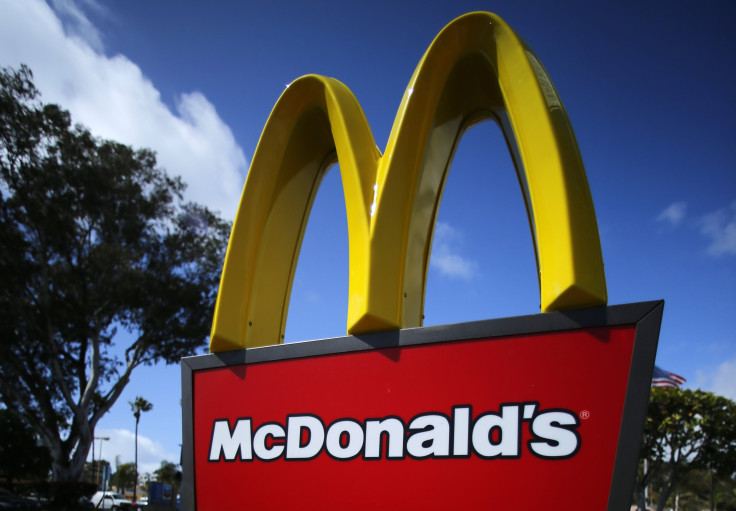McDonald's Muslim Suit: McDonald's and Dearborn, Mich., Muslims Reach Settlement Over Halal Meat

A judge approved a $700,000 settlement between McDonald’s and members of Michigan’s Muslim community, after the latter alleged that a local restaurant had falsely advertised their food as compliant with Islamic mandates.
Ahmed Ahmed, a resident of Dearborn Heights, Mich., and representative of the class-action suit, claims that he bought a chicken sandwich in September 2011, only to discover that it wasn’t halal, The Associated Press reports. Islamic law forbids the consumption of pork and mandates that God’s name be invoked before an animal can be slaughtered for food.
McDonald’s Corp., as well the owner of the offending franchise, agreed to a settlement in January that would compensate Ahmed, a local Detroit Health Clinic, the Arab American National Museum in Dearborn, and the case’s lawyers, AP reports.
Both sides met with Wayne County Circuit Judge Kathleen Macdonald on Wednesday for the settlement’s final approval. Macdonald's has overseen the case, and its appeals, since the January ruling.
Ahmed’s compensation is an “incentive award” for his work on the case, his lawyers told AP.
"As a firm, we've borne the burden of litigating this case for over 19 months, and have paid a steep price in time and money to do so," Kassem Dakhlallah, an attorney whose firm represents the plaintiffs, told AP via email.
"We are happy that we are able to finalize this case and get the settlement funds paid to the Huda Clinic to be used for medical care for the community, and to the Arab American National Museum to be used to allow our young ones to continue their educations after high school,” Dakhlallah added.
The class-action lawsuit technically represented anyone who purchased the “halal” products from two Dearborn McDonald’s restaurants between September 2005 and January, AP reports.
Dakhlallah became aware of McDonald’s questionable practices after receiving a letter from Ahmed, AP reports. Eventually, Dakhlallah’s firm sent a letter to both McDonald’s and Finlay’s Management, the owner of the Dearborn store. In the letter, the firm claimed that Ahmed had "confirmed from a source familiar with the inventory” that the franchise served non-halal food.
Finlay Management responded to the court’s ruling, claiming it “has a carefully designed system for preparing and serving halal such that halal chicken products are labeled, stored, refrigerated and cooked in halal-only areas." The company also claims that it "requires strict adherence to the [halal] process,” AP reports.
According to Dakhlallah, giving the settlement money to charities was the best outcome, as "identifying class members who have valid claims [is] nearly impossible."
© Copyright IBTimes 2025. All rights reserved.





















